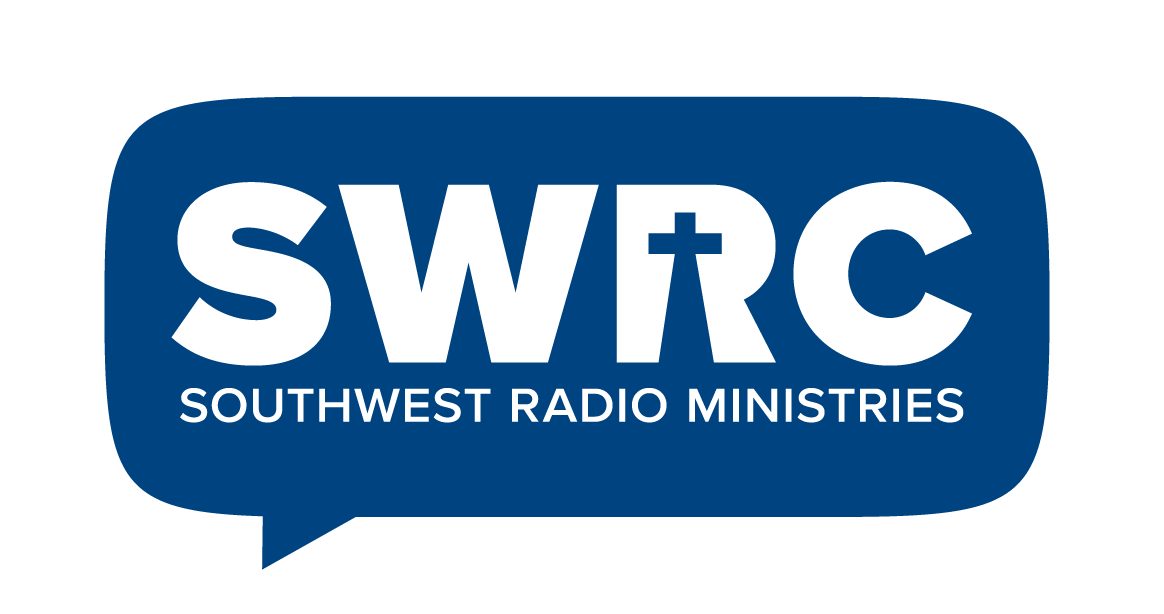In Malachi 4:5 we read: “Behold, I will send you Elijah the prophet before the coming of the great and dreadful day of the Lord.” On the basis of this scripture, the Jewish teachers expected Elijah to come prior to the messianic kingdom.
John the Baptist came as the forerunner, announcing the first advent of Jesus Christ. Matthew 3 opens with the preaching of John the Baptist. In verse 3, we read: “For this is he that was spoken of by the prophet Esaias, saying, The voice of one crying the wilderness, Prepare ye the way of the Lord, make his paths straight.” This quotation is from Isaiah 40:3. Does all of this mean that John the Baptist was the fulfillment of the prophecy regarding the coming of Elijah?
On the Mount of Transfiguration Jesus was transfigured before the disciples. Moses and Elijah appeared, talking with Him. The disciples asked Jesus a question in Matthew 17:10 about Elijah: “And the disciples asked him, saying, Why then say the scribes that Elias [that’s the Greek name for Elijah] must first come?” In verse 11 and following, Jesus gives His response: “Elias truly shall first come, and restore all things. But I say unto you, That Elias is come already, and they knew him not, but have done unto him whatsoever they listed. Likewise shall also the Son of man suffer of them.”
The Jewish teachers understood the prophets as predicting that Elijah must first come before the coming of the Messiah. If Jesus were really the Messiah, they reasoned, how come Elijah has not yet come?
Jesus said that Elijah had already come. In verse 13, we are told the disciples understood this to mean John the Baptist. John had come announcing the Kingdom of Heaven, but John had been rejected by the Jewish nation. Likewise, Jesus had come to offer the Kingdom to Israel, but He too had been rejected. If the Jews had accepted John the Baptist and his message, and if the Jews had accepted Jesus as their Messiah, John would have really been Elijah. But both had been rejected. This is what Jesus meant in Matthew 11:13–14: “For all the prophets and the law prophesied until John. And if ye will receive it, this is Elias, which was for to come.”
God’s plan for Israel has been temporarily put on “hold.” Because Israel has rejected both John and Jesus, Elijah will indeed literally come in the future. In this way, the prophecy of Malachi 4:5 will be literally fulfilled. Elijah will come “before the great and dreadful day of the Lord.”
John the Baptist was not a reincarnation of Elijah—the Bible does not teach reincarnation; nor was John the Baptist a fulfillment of the prophecy that Elijah would come. We must not equate John with Elijah. John ministered “in the spirit and power of Elias” (Luke 1:17), but John was not Elijah.
